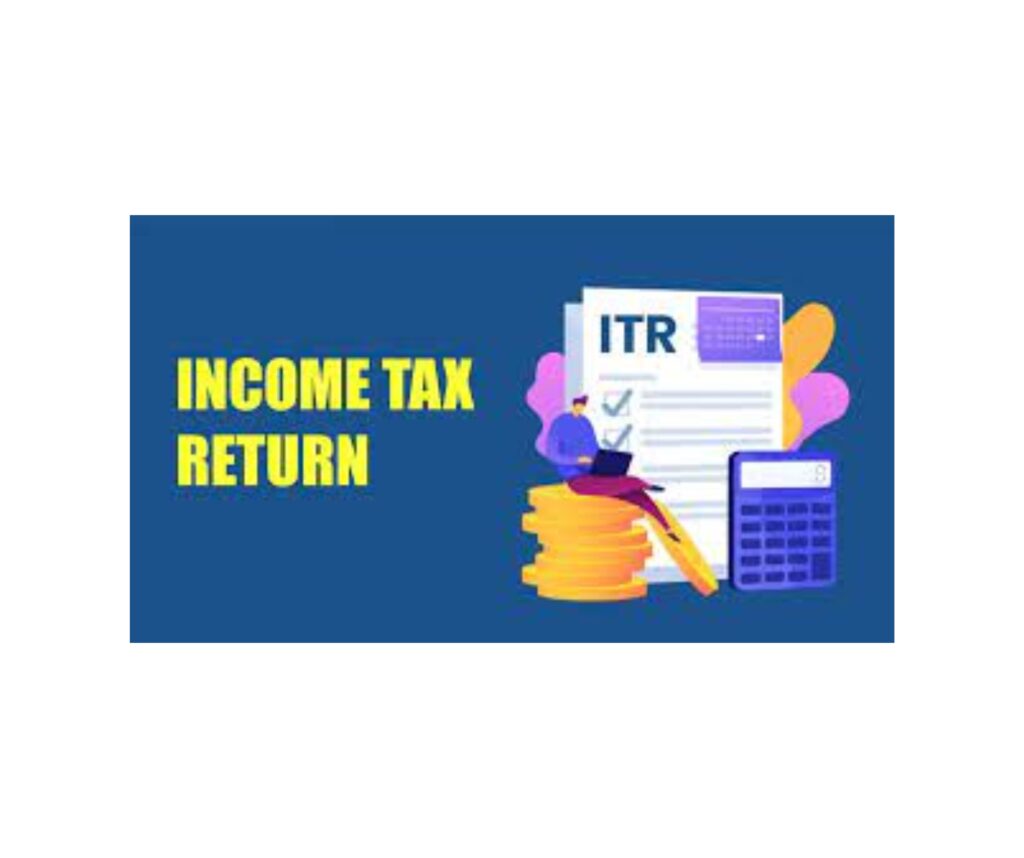ITR Filing is Mandatory
Income tax return (ITR) filing is mandatory in several situations in India. Here are ten common scenarios where individuals are required to file their ITR:
ITR filing is mandatory in 10 situations:
1. Income above Basic Exemption Limit:
If your total income before claiming any deductions exceeds the basic exemption limit for the financial year, which is currently Rs. 2.50 lakh for individuals below 60 years of age (for FY 2021-22), you are required to file an ITR.
2. Company Director:
Individuals serving as a director in any company, whether it’s a public or private company, must file an ITR, regardless of their income level.
3. Foreign Assets and Income:
If you have foreign assets, such as property or financial accounts, or if you have earned income from a foreign source, you are required to file an ITR, irrespective of the income threshold.
4. NRI with Indian Income:
Non-Resident Indians (NRIs) who have earned income in India exceeding the basic exemption limit obligated to file an ITR.
5. Claiming Tax Refund:
If you are eligible for a tax refund due to excess TDS (Tax Deducted at Source) or advance tax payments, you must file an ITR to claim the refund.
6. Carrying Forward Losses:
If you have incurred any losses in a particular financial year and wish to carry them forward to set off against future income, you need to file an ITR.
7. Claiming Deductions or Exemptions:
If you want to claim deductions under various sections of the Income Tax Act, such as Section 80C (for investments like PPF, ELSS, etc.) or exemptions for HRA (House Rent Allowance) or LTA (Leave Travel Allowance), you must file an ITR.
8. High-Value Transactions:
If you have undertaken specific high-value transactions, such as buying or selling immovable property, or making large deposits or investments, the income tax department may require you to file an ITR.
9. Tax Treaty Relief:
If you want to avail the benefits of Double Taxation Avoidance Agreements (DTAAs) and claim tax treaty relief, you required to file an ITR.
10. Government Contractors:
Individuals who engaged in government contracts or receive payments from government entities above a specified threshold need to file an ITR.
These are general situations where ITR filing is mandatory, but it’s important to note that tax laws and regulations can change, and there may be additional circumstances that require individuals to file their ITR.
It’s advisable to consult a tax professional or refer to the latest guidelines issued by the income tax department for accurate and updated information regarding ITR filing requirements.
To visit https://www.incometax.gov.in
For further details access our website https://vibrantfinserv.com

